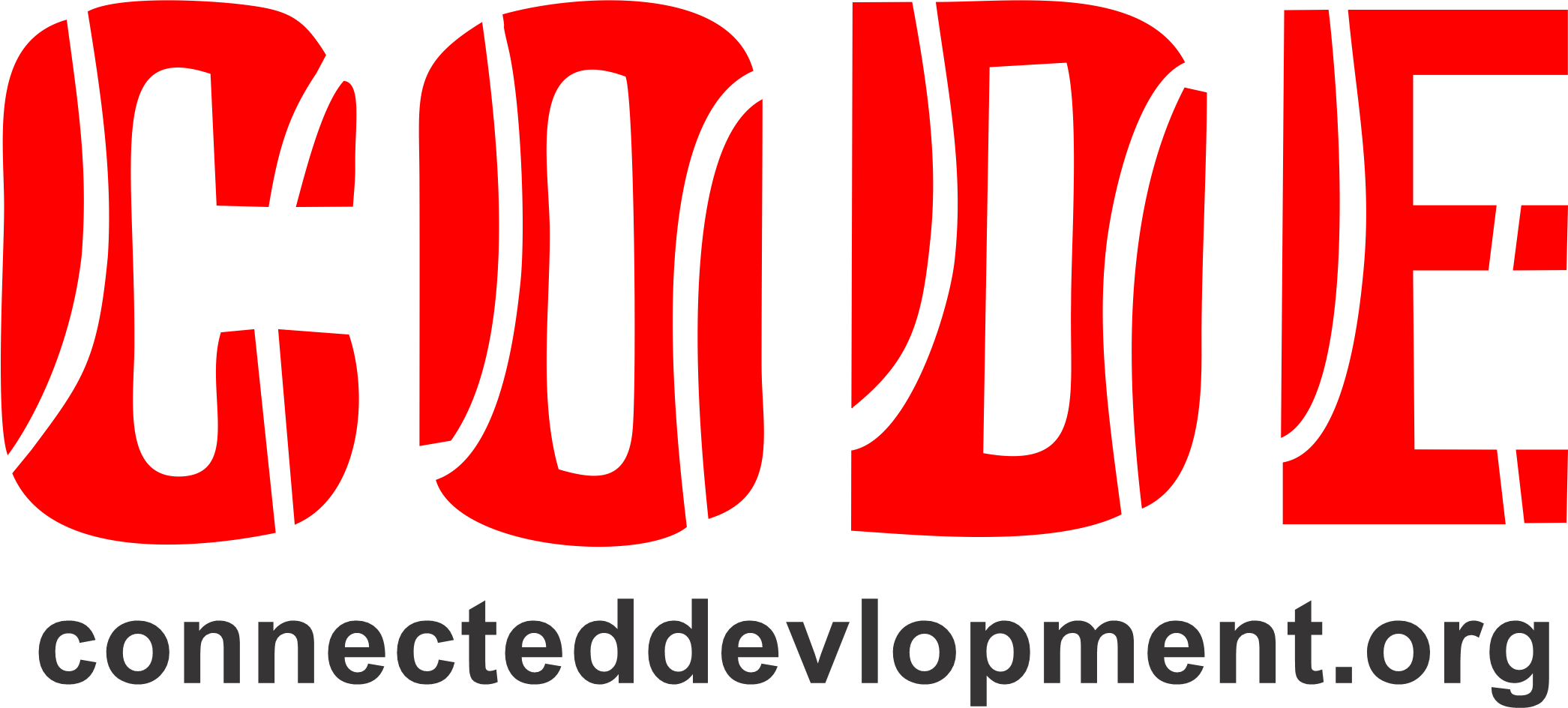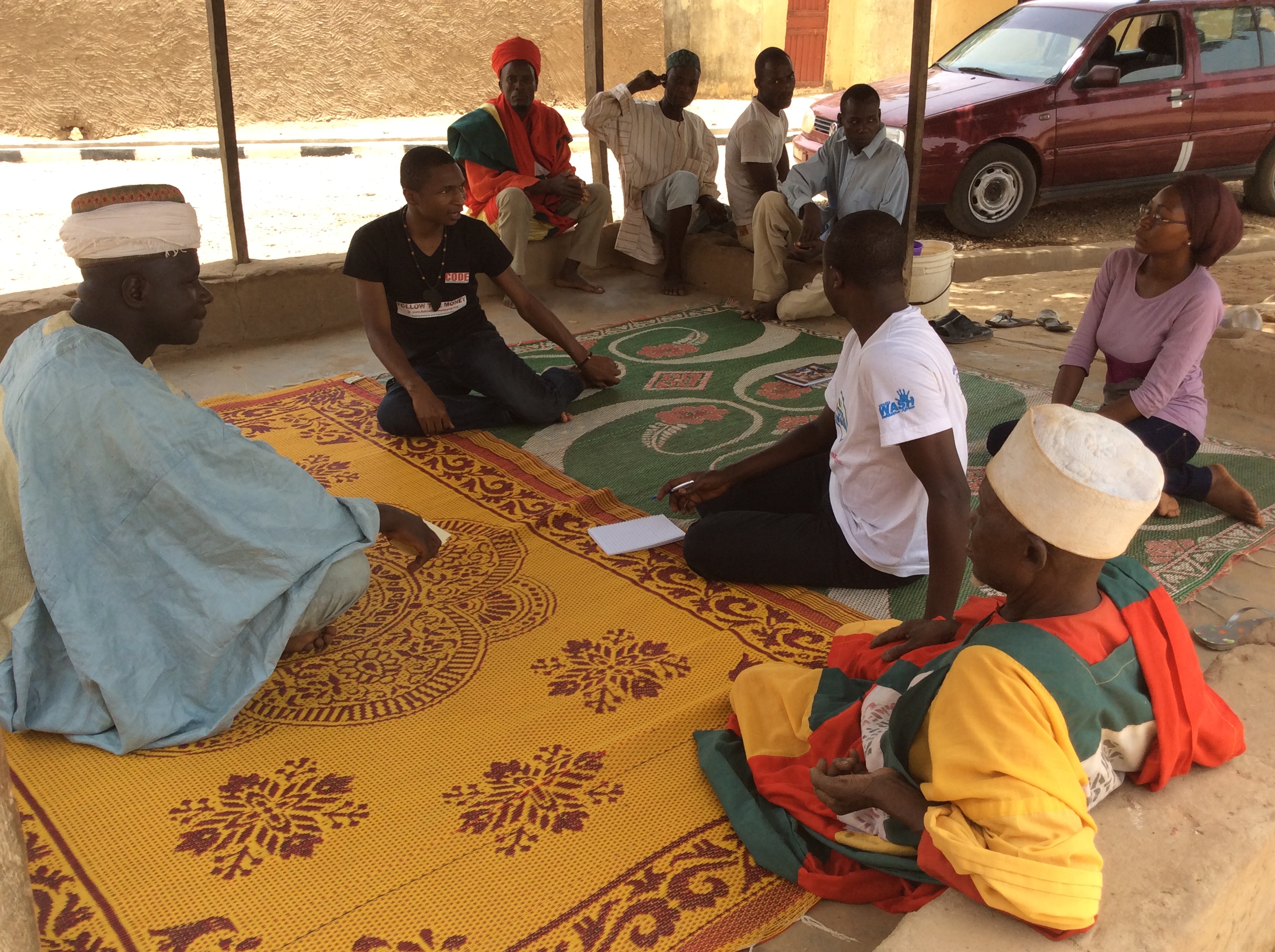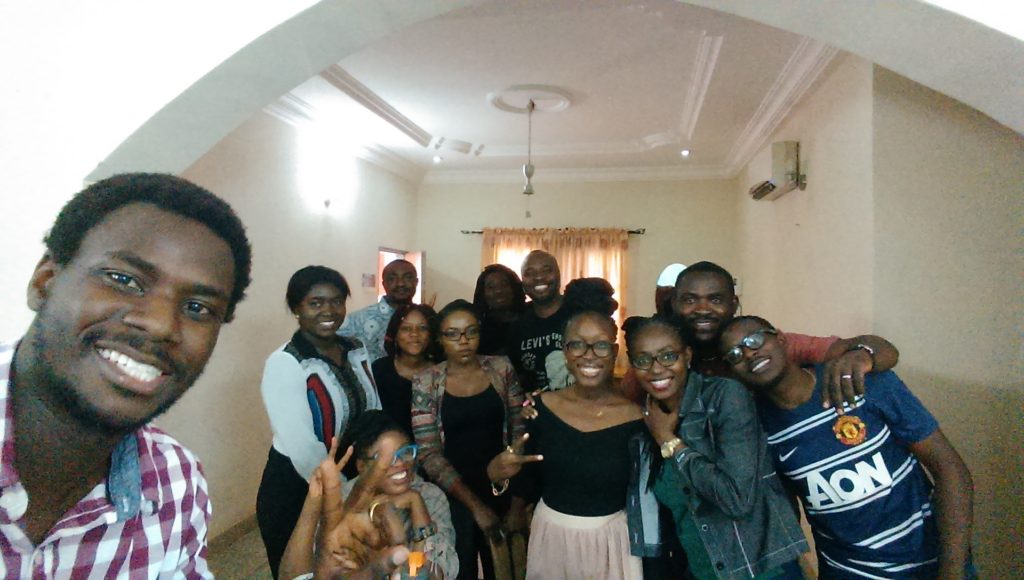Taming the Monster in the #Nigeria Budget System
The most important factor for economic development is not capital, but appropriate policies and institutions
If Nigeria’s population is the 7th largest in the world, and we really, want to grow, then we must not be doing 7.29 trillion Naira, as our budget (Just before you say, it’s only the federal budget, even if you average what the state, and local government present, as budget, it is still not worth it). That’s a paltry 23.9 billion dollars, see below, what the top 10 countries with the highest population, budget for their citizens, at the “federal” level. Coming down home to Africa, Angola with a population of 25 million, has a budget of 38.53 billion dollars. I will advise we start thinking about reducing our population growth – 2 per woman will be most reasonable, at this time, if we “really” want to grow! Japan has done it before, and I am saying, there is no reason why we cannot grow within this top 10 populated countries, it will take time, but we must be decisive, and serious!

2015 budget estimates for other countries are from the Central Intelligence Agency World Fact Book. The Nigeria Budget estimate is the 2017 proposed figure in the appropriation bill.
In the breakdown of the Nigeria 2017 budget, it is expected that only 30.7% will be available for the provision of basic amenities and infrastructures – health facilities, schools, roads, water, while about 40% will be provided for overhead expenses – salaries, travels, office expenses et al. The success of any business in the world lies in its people, and I also mean PEOPLE working in the various government institutions – executive, legislature and judiciary. Ideally, their business is to implement government agenda, policies, projects and programme, but in Nigeria, their performance is appalling. Although this sector employs a larger percentage of employed people, the numbers cannot account for the value it can create. Just as the numbers of ministries were reduced by the Buhari led government, can it also “significantly” reduce the number of people in the public sector, so as to reduce overhead expenses to 20% of the government budget. All Joe Abbah, and the bureau of public service reforms need do, to perform effectively, is to embrace technology and uphold strict staff performance management (and just before you will say, where should the retrenched go – read my blog, on the rice economy or get to the last paragraph). In Nigeria, most people in the public service which comprise of the executive, legislative, and judiciary in federal, state and local government, got to the position, in the spirit of “clientelism”. “They have just finished recruiting in the Nigeria Police, but leave story, they only chose senators, house of reps families and you know the oga at the tops people” affirmed my friend in the Nigeria Police. This needs to stop if we really want to grow!
Many developed and developing countries are still working towards linking performance to public expenditures framework or strategy. If these linkages are not made, there will be no way to determine if the budgetary allocations that the support programs are ultimately supporting are successful. On a lighter mood, I must thank the Budget Office for publishing actual money received by government agencies for capital expenditures (actually there is an open data version of it here), but we should not be thankful for seeing that except, we want to stay like Angola, if we want to grow like Malaysia, we should be publishing tangible outcomes the expenditures in the agencies are achieving. In essence, we should stop the line – item kind of budgeting, and adopt the result-based budgeting system. For instance, if Nigeria needs to produce the 4,700,000 million tonnes of rice, that china imports every year, the Ministry of Budget and National Planning can have an overhead budget from the Ministry of Agriculture for only the number of people that will implement that through a policy paper, coordination and regulation, as they will not be the one to work on the farm. Simple as ABC right? yes! but do you have the political will – (To be continued) in my other story on Nigeria and its National Planning.




